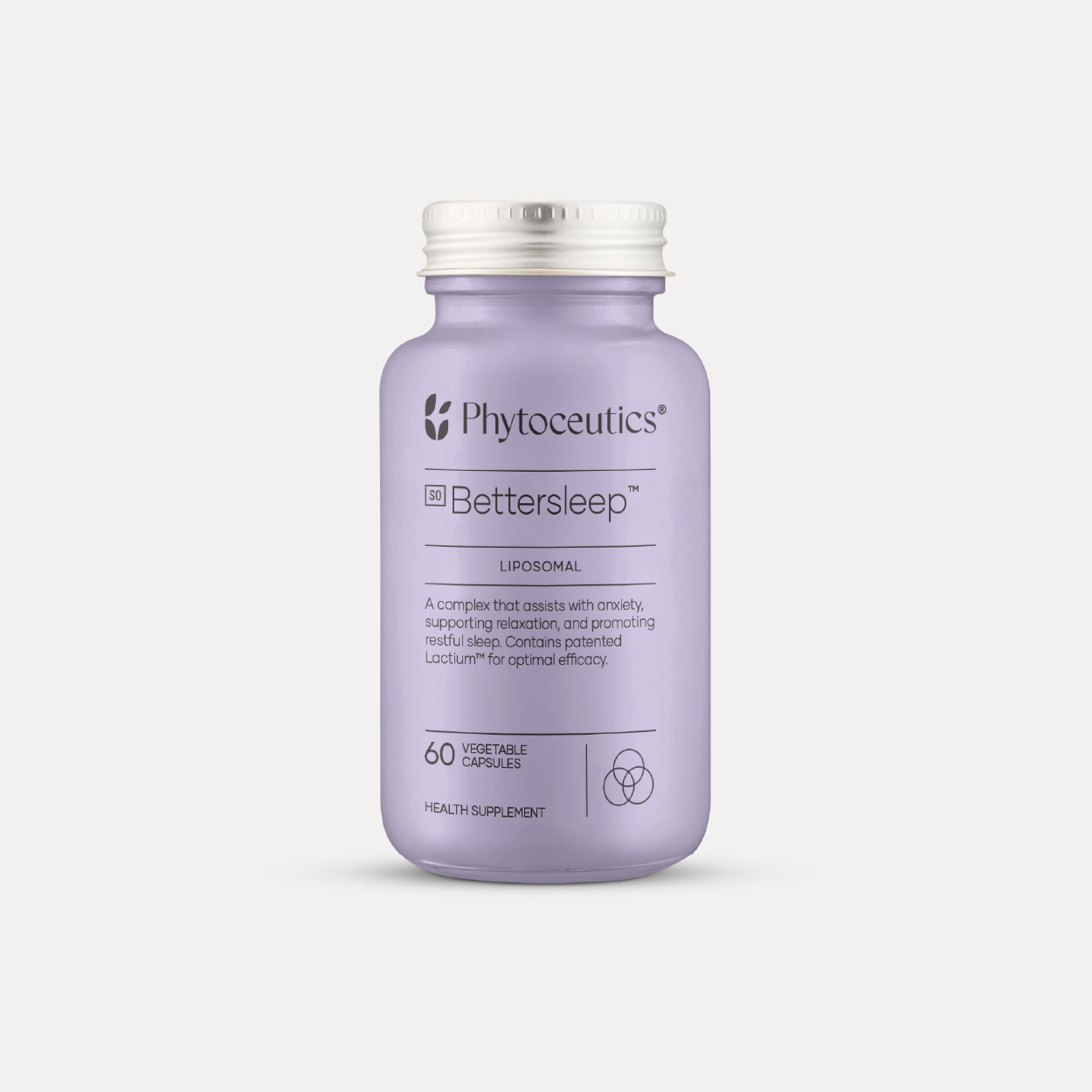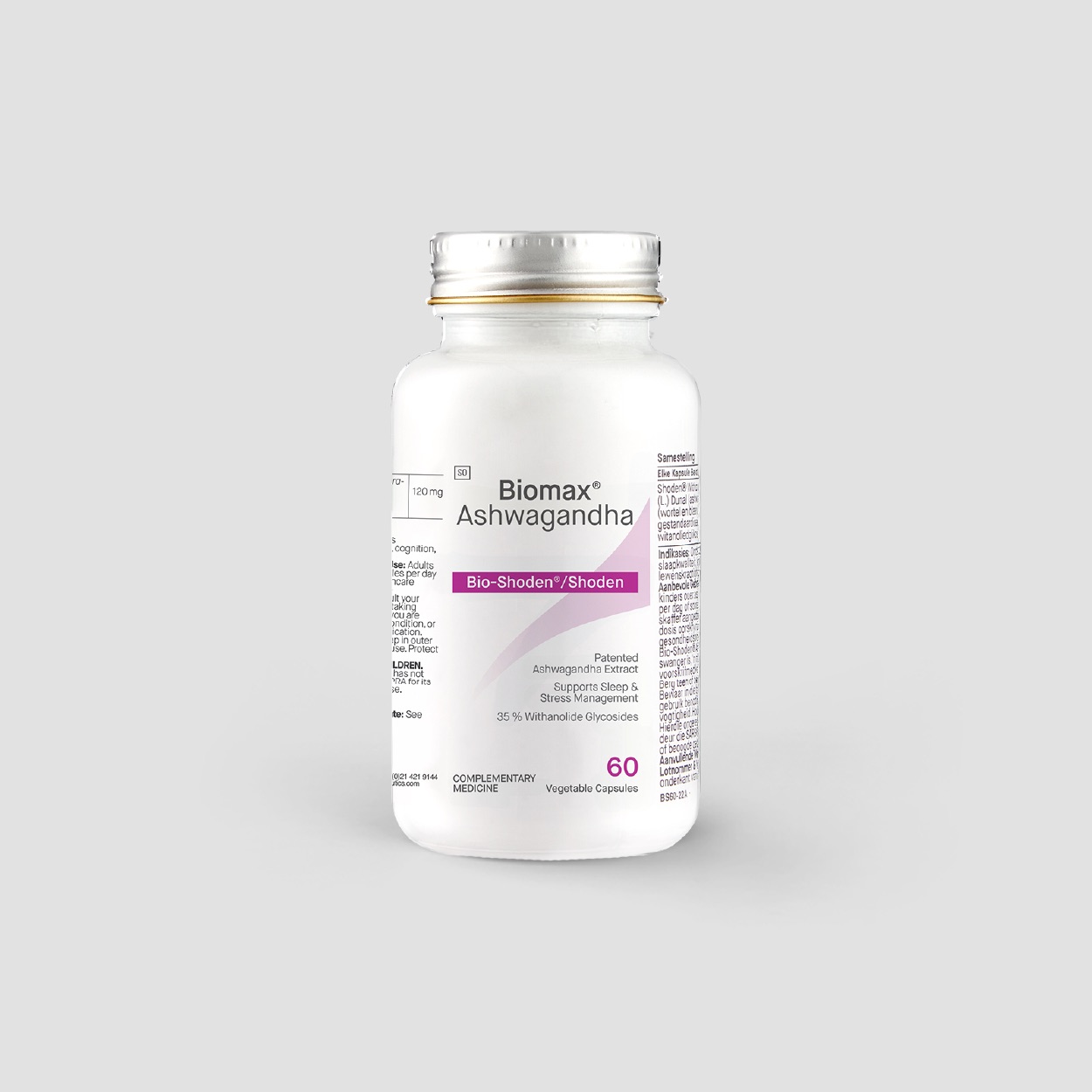But getting good sleep isn’t just a luxury; it’s essential for your brain, mood, immune system, and overall health. In fact, not getting enough shut-eye over time has been linked to serious health issues like heart disease, weight gain, diabetes, and even depression. The good news? Research-backed tips can help you sleep better. Here are 10 proven strategies to help you rest well and wake up feeling refreshed [10].
Stick to a Consistent Sleep Schedule
Going to bed and waking up at the same time each day helps train your internal circadian rhythm. Irregular sleep schedules, especially among shift workers or individuals with social jet lag, are linked to metabolic dysfunction and poor sleep quality (1). Tip: Aim for 7–9 hours of sleep nightly and keep your schedule even on weekends.
Create a Comfortable Sleep Environment
Your bedroom should be a sanctuary for rest. A dark, quiet, and cool room enhances the body’s natural drive to sleep. Light exposure, particularly from artificial sources such as electronic devices, suppresses melatonin production – the hormone that signals your body it’s time to sleep. This also decreases one’s state of alertness upon waking in the morning (2). Tip: Use blackout curtains, reduce noise, and keep your room temperature around 18°C for optimal results.
Limit Light Exposure Before Bed
In the digital age, blue light from screens can delay melatonin release and shift your sleep-wake cycle. A randomised study found that evening exposure to blue-enriched light significantly reduced sleep quality and increased alertness (3). Tip: Power down devices at least 1 hour before bed or use blue-light filters.
Avoid Stimulants Late in the Day
Caffeine, nicotine, and certain medications can interfere with your ability to fall and stay asleep. Caffeine has a half-life of 5–6 hours and can linger in your system well into the evening (4). Tip: Limit coffee and other stimulants after 2 PM to reduce the risk of sleep disturbances.
Exercise Regularly (but Not Before Bed)
Physical activity promotes deeper, more restorative sleep by reducing stress and promoting slow-wave (deep) sleep. A meta-analysis concluded that moderate-intensity aerobic exercise significantly improves sleep onset and efficiency (5). Tip: Avoid intense workouts close to bedtime as it may elevate cortisol and adrenaline, making it harder to wind down.
Eat for Sleep
What you eat can impact how well you sleep. Diets high in sugar and saturated fats are linked to lighter, less restorative sleep, while those high in fibre, fruits, and lean proteins support better sleep quality (6). Tip: Avoid large meals, spicy foods, and heavy desserts within 2–3 hours of bedtime to minimise discomfort and indigestion.
Establish a Calming Bedtime Routine
A pre-sleep wind-down period signals to your body that it’s time to rest. This could include activities like light stretching, reading, journaling, or taking a warm bath. One review found that passive body heating (via warm showers or baths) before bed reduced sleep latency (the time it takes to fall asleep) and increased sleep efficiency (7). Tip: Get cosy! After taking a warm shower or bath, use a hot water bottle or electric blanket before bedtime.
Be Smart About Napping
A study published in Sleep Medicine investigated the impact of habitual napping on afternoon alertness and cortisol levels in healthy adults. The results showed that individuals who regularly napped were objectively more alert during the post-lunch dip compared to non-nappers, despite both groups reporting similar levels of subjective alertness (8). The study assessed 80 healthy adults, divided into habitual nappers (n = 49) and non-habitual nappers (n = 31) based on self-reported behaviour. Participants were monitored during a 90-minute afternoon period without napping. Habitual nappers exhibited better objective alertness than non-habitual nappers, along with a corresponding rise in cortisol levels. These findings suggest that regular napping may independently enhance alertness, particularly in situations involving short-term sleep deprivation (8). Tip: If you can, take a quick 20-30 minute nap to avoid the afternoon slump.
Manage Stress and Anxiety
Stress and racing thoughts are common causes of sleep disruption. Mind-body practices like meditation, deep breathing, and progressive muscle relaxation have shown positive effects on reducing sleep onset latency and improving sleep quality (9). Tip: Start journaling before bed! Writing down worries or tasks for the next day can also help clear your mind. Tip: Meditate or journal for 10 minutes before bed to help ease stress and anxiety.
Looking for Sleep Support?
Supplementation is a great way to support sleep naturally. Nature-based sleep aids such as magnesium, L-theanine, and ashwagandha can help you fall asleep faster and stay asleep for longer [11].
Phytoceutics® Bettersleep™ is an innovative nature-based supplement that includes patented and clinically researched ingredients such as Lactium®, GABA, and L-theanine, which help ease anxiety, promote relaxation, and support a deeper, more restorative sleep.
By making small, science-backed changes to your daily habits, you can enjoy deeper, more restorative sleep. Whether it’s optimising your environment, managing stress, or starting with supplementation, these strategies empower you to take control of your sleep and, by extension, your well-being.
Read more about our top picks for nature-based supplements for sleep support here
Read more about the importance of sleep here
Disclaimer: This content is for informational purposes only and does not constitute medical advice. Always consult with your healthcare provider before starting any new supplement, especially if you are pregnant, nursing, have a medical condition, or are taking prescription or chronic medication.





